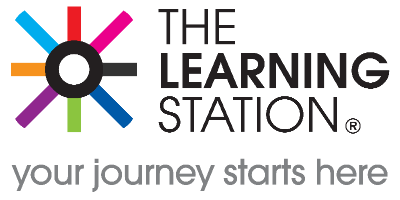What a child is exposed to during their early stages of their life plays a very important factor. It shapes their personality and their behaviour. And these two key traits lay the groundwork for the child's future.
With this in mind, it is important to have the right people be involved during the child's early years. This is why it is crucial to allow the child the spend time with an early years practitioner.
These trained professionals know how to approach and demonstrate the correct behaviour in front of a child. Showing the correct characteristics to a child is really important. It helps to build that all important relationship with a child.
If you're interested in becoming an Early Years Practitioner, then this blog post will give you a good introduction. And to begin, we will talk about the significance of an early years practitioner:
The Significance Of An Early Years Practitioner
Recognising that a child learns from everything around them. This will give you an understanding of how a child absorbs information. Knowing this will will help you to understand the importance of a child's early years. And also, the role of an early years practitioner.
Early years practitioners have a great deal of responsibility in the development of a child. This is not only in respect of how this relates to their language, coordination, skills and knowledge, but also how it helps to enhance their personality and confidence.
What The Role Of An Early Years Practitioner Involves
It is important to keep in mind that an early years practitioner is not a child minder. You'd be surprise at how often this comparison is made. In fact, an early years practitioner will have a much greater impact on a child's life. They will be guiding them on the road to becoming a productive adult.
The way in which a young child is educated can take many forms. The most effective method to teach young children is to treat learning as a fun and interactive activity. Having the patience to work with children will be one of the requirements for anyone who wants to pursue this line of work.
Being able to efficiently interact with a child is a key part of the role of an early years practitioner. This will mean working at their level to ensure that they understand. It will also mean needing to be able to relay details of the child's achievements or issues to the parents or guardians.
The ability to work with one child or a group of children will be necessary, as will the ability to maintain their engagement regardless of the numbers.
A good early years practitioner will be aware of the effect that their words and actions can have on a young mind and will be able to use this power constructively to pursue the role well, creating the results that can be expected when a child is developing normally.
What You Need To Be An Early Years Practitioner
Once the decision on working with children is made, it will need to be followed by a clear picture on the form that this will take.
By considering the role of an early years practitioner, it can be seen that the profession plays a pivotal part in a child's upbringing which can lead many to want to pursue this career.
Understanding what is required of an early years practitioner will be the first step in the process of becoming. In order to get qualified for the position, you must obtain a
City and Guilds Level 3 Diploma for the Early Years Practitioner (QCF). At The Learning Station, the course is flexible enough to be completed at home and on a part time basis within 4 – 6 months and does not have any formal requirement.
When you have successfully completed the course, you will be able to update your CV accordingly and use your new qualification to find a suitable position as an early years practitioner.
Thanks for reading. What are your thoughts on this topic? Please let us know in the comments section below.
Featured image:
Pexel 


 Student Login
Student Login My Account
My Account